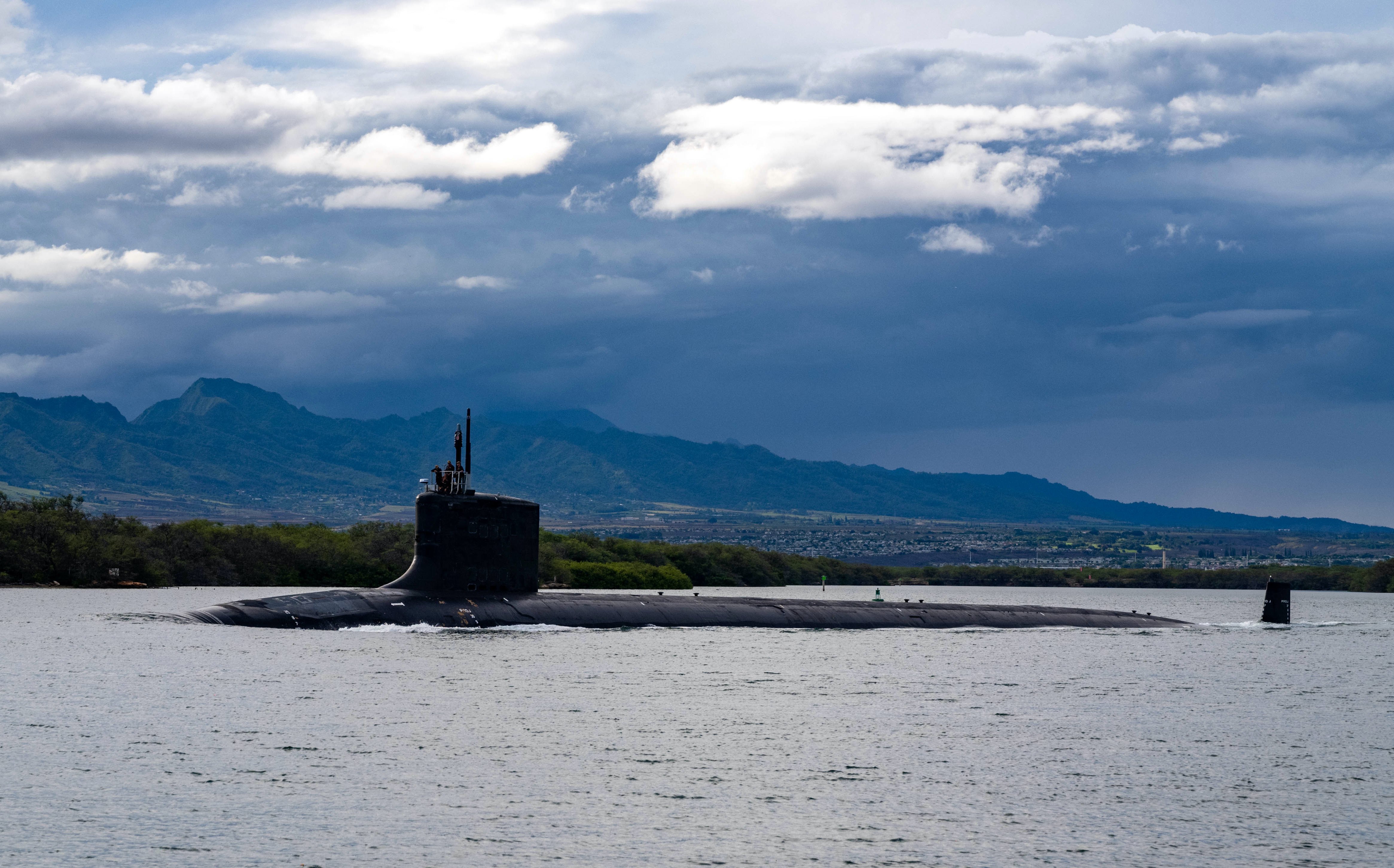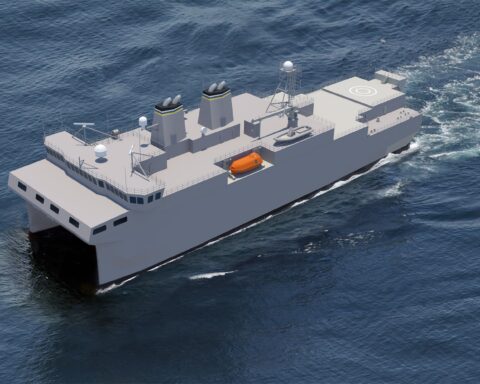The following is the March 23, 2018 Congressional Research Service report, Turkey: Background and U.S. Relations In Brief.
From the Report:
Turkey, a NATO ally since 1952, is significant for U.S. interests. It is a constitutional republic with a large, diversified economy and a Muslim-majority population that straddles Europe and the Middle East.
The history of the U.S.-Turkey relationship is complicated. Although the United States and Turkey support each other’s interests in some vital ways (see “U.S./NATO Cooperation with Turkey”), harmonizing priorities can be difficult. These priorities sometimes diverge irrespective of who leads the two countries, based on U.S.-Turkey contrasts in geography, threat perceptions, and regional roles.
Turkish leaders, including President Recep Tayyip Erdogan (pronounced air-doe-wan), may be contributing to problems between the United States and Turkey by ruling in an increasingly authoritarian manner and apparently encouraging strong criticism of U.S. policy in Turkish public discourse. Conflict around Turkey’s borders with Syria and Iraq, particularly since 2011, has also fed U.S.-Turkey tensions.
Within this challenging environment, two specific points of bilateral contention arguably stand
out:
- Syria and the Kurds. Turkey’s military operations in Syria against largely Kurdish militias supported by the United States over Turkey’s strong objections.
- Possible S-400 acquisition from Russia. Turkey’s planned purchase of S-400 air defense systems from Russia, which has possible implications for Turkey’s future in NATO.
Trump Administration officials have expressed significant concern about the possibility of direct conflict between Turkey and U.S. or U.S.-supported forces in Syria. Turkish officials assert that their military operations in Syria are primarily for self-defense, given links between the Syrian Kurdish YPG (People’s Protection Units) and the PKK (Kurdistan Workers’ Party, a U.S.-designated terrorist organization). The PKK has significantly challenged the Turkish government’s control over parts of southeastern Turkey since the 1980s.
U.S. officials and lawmakers also have voiced opposition to Turkey’s planned acquisition of S400 systems from Russia and have acknowledged that the acquisition could trigger U.S. sanctions on Turkey under existing law (see “Possible S-400 Acquisition from Russia” below). In February 2018, several high-ranking Administration officials met with their Turkish counterparts in an effort to avoid direct U.S.-Turkey conflict in Syria and broader deterioration of the bilateral relationship. After Secretary of State Rex Tillerson visited Turkey, the two countries issued a joint statement agreeing to activate a “results-oriented mechanism” for the purpose of resolving outstanding issues between them.





